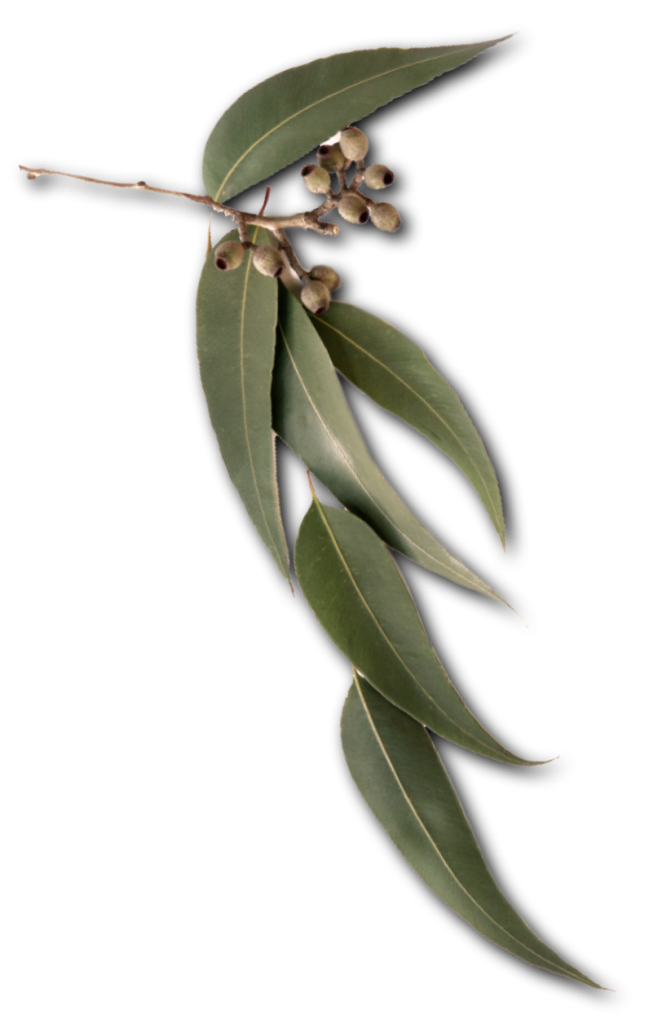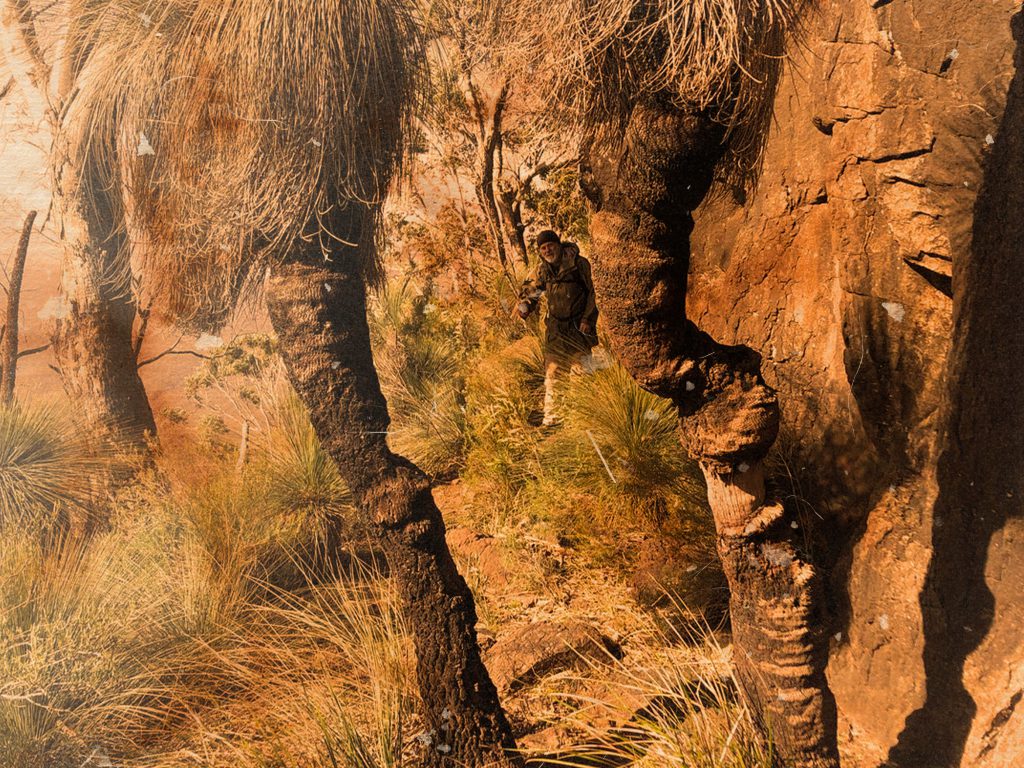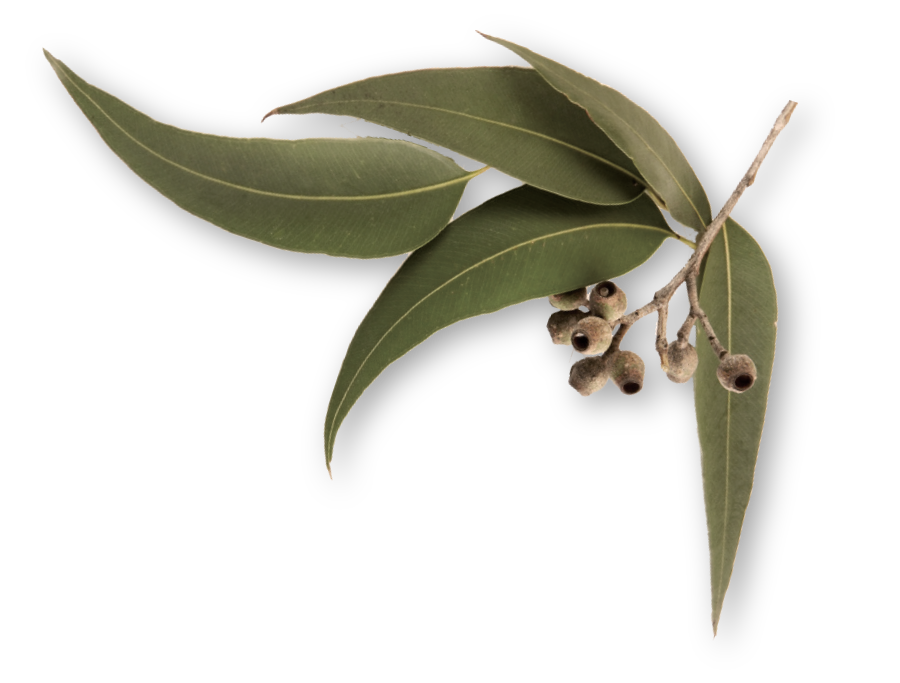My approach to writing is like foraging in the secret wild spaces along the creek where I walk daily. I don’t set out to find anything in particular but just to open my eyes, heart and mind and then my hands to hold the occasional offering of edible “weeds” or that dash across my path of a lizard. I once saw a tiny spiral-dancing snake on a desert path. That was something.


But more likely it is my heart-mind that forages. An image lands, something lovely in the reflection of a rain puddle in the path. The sound of water babbling in the brook as if the water is chatting to the rocks as it flows around, making small talk on its way down to the river, always returning to deep ocean of each dreaming droplet. Come, come calls the river to the stream, the ocean to the river, the brook to the dewdrop. Come, come.
Yes, I listen more than I write. And even as I write, I listen, tracking with my senses, snout in the air.

So many beautiful words and phrases for listening, describing the different textures and shapes of deep listening;
Dadirri (indigenous Australian),
Sema (Sufi),
Listening with the ear of the heart (St Benedict)…
…‘give your life to this listening,… every moment has a music…..’ suggests Rumi (trans, Coleman Barks).
Sometimes I forage in my own backyard. Discover edible weeds. Erbaccia, the beautiful Italian word for those edible plants that people rip out and toss into compost, like dandelion or wild fennel. Those small insignificant things we discard so easily can nourish us, if we know how to invigorate the ordinary, the neglected and abandoned.
It may seem easier to pluck off the deep-rooted plantings of a culture, readily accessed in books, than forage for ourselves. So many teachers of writers tell us to read. But to me that’s like going to the nursery. Buying something you can transplant…
Go wild I say. If you want to write deep, listen deep; to live deep. As close to the bone as you dare. But know that it can be perilous. At the very least it will make you uncomfortable. You can’t look away. Intimate, inside-out writing means you have to enter that wild place steeped in fertile darkness of imagination, like stepping into deep forest in myth or fairytale; it’s guarded by serpents and three headed dogs. Yes, its dark. It’s uncertain. You don’t know what you’ll find there or even if you can bring it back.


There is no one to guide you, except the old stories, the ancestors, especially the old men and women with great minds who wrote it down (or was recorded by others). Exquisitely curious minds who listened with their vast-open hearts, welcoming everything, whose devotion or obsessions, drew them to the edge of the known to discover what they could barely name and write down. Blake and Goethe, Dante, Lao Tzu, Meister Eckhart and Teresa of Avila, Siddhartha, Steiner and Rilke, Rumi, Hafiz, Shakespeare and Hesse, Edith Stein, Vesaas, Lorca and Faulkner, Eliot, Whitehead and Feldenkrais, Assagioli and Hillman; who didn’t look away, but drove their salt-pen into the wound to write from the ink of their heart.
Of course, there are so many others, more than I can name here. But those I have named have inspired me to think harder, listen deeper to what I can’t yet name and keep writing what is invisible to the mind, known only to the heart, like the forgotten line of a poem.
So many people say we can all write. Yes, we can. But can we all think? Lately I’ve wondered if we are just aping what everyone else is doing. And that’s not the good side of apes.
We are animal. That animal part of the brain is far older than the thinking brain, what we usually call mind. But as most of us discover in meditation there are a multitude of minds inside our head. All vying for attention. How do we reach beyond, (without reaching, small nod to Keat’s negative capability) puppy brain, or discursive, monkey mind, to deep mind. What I call the poetic heart-mind. That sees beyond the superficial into the heart of things. But words don’t land easily here, they’re hard to hold in this wild place, dissolving into briny ocean of thought-feeling that washes through, tides and currents carrying strange creatures that only our imagination can discover. That kind of poetic mind.


In this strange space between the itty-bitty word making brain-mind and that great ocean of poetic heart-mind that dissolves everything – this act of writing swims. Sometimes I’m washed up like a drowned Robinson Crusoe in Lilliput, or Alice chatting to the trippy old caterpillar munching his shroom. Other times crashed against rocks, but mostly just drowning like waving, paddling hard. And on the rarest of occasions, the ones I live-and-die for, I grow gills and fins and swim with the whales to hear the whale song against my heart like the sound of home coming, and the ocean becomes a great tear that I swim inside. Perhaps the tear of some vast divine ancestor that history has forgotten but my heart remembers yet.
That is why I love to write. There is space for everything. All is welcome. Like the Rumi poem… welcome it all… the small gift of erbaccia – beautiful and wild, tiny things that can start a forest singing in your veins. Eat and drink those small wild things. Feed your heartsong.
Listening in to the wild and to the great hearts and minds of those warriors of possibility, between knowing and unknowing… not imposing our contemporary prejudices and anthropomorphic perception-expectations … but listening to the thing itself, which may mean listening to the silence. In true Hillmanian respect-and-resonance of curious listening; not telling it was it is and allowing it to reveal itself in all its mysterious presence. That way of listening, hands and heart opening to take in the wonder.


Listening
What is deep listening?
Sema is a greeting from the secret ones
inside the heart, a letter.
The branches of your intelligence
grow new leaves in the wind of your listening.
The body reaches a peace.
Rooster sound comes,
reminding you of your love for dawn.
The reed flute and the singer’s lips.
The knack of how spirit breathes into us
becomes as simple and ordinary as eating and drinking.
The dead rise with the pleasure of this listening.
If someone cannot hear a trumpet melody,
sprinkle dirt on his head and declare him dead.
Listen and feel the beauty of your separation,
the unsayable absence.
There is a moon inside every human being.
Learn to be companions with it.
Give more of your life to this listening.
As brightness is to time, so you are
to the one who talks to the deep ear in your chest.
I should sell my tongue and buy a thousand ears
when that one steps near and begins to speak.